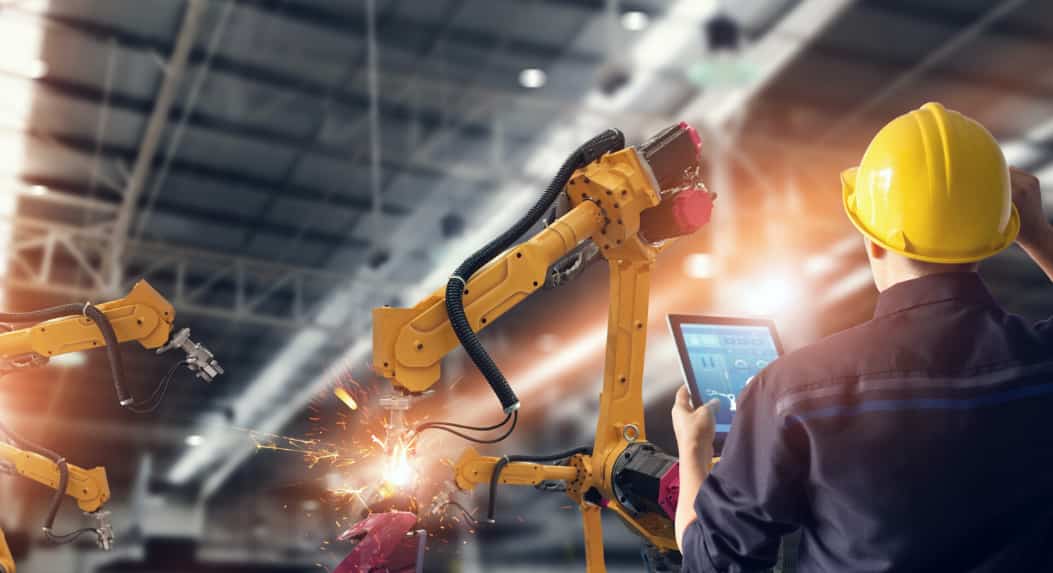
The world of industrial automation is constantly evolving, driven by advancements in technology that enable more efficient, reliable, and cost-effective production processes. From motors to controllers, the integration of sophisticated machinery has transformed manufacturing industries.
In this blog, we’ll explore some of the key technologies that play a vital role in modern industrial automation.
1. Reduction Gearboxes
Reduction gearboxes are critical in industrial machinery, used to adjust the speed and torque of motors to meet specific operational needs. By reducing the motor’s speed while increasing its torque, they allow for precise control of heavy loads in applications such as conveyor systems or cranes. This ensures that machines operate at optimal performance, contributing to the overall efficiency of production processes.
2. Variable Speed Drives (VSD)
Variable Speed Drives (VSD) are designed to control the speed of an electric motor by adjusting frequency. This allows for greater flexibility in industrial operations, as the motor’s speed can be fine-tuned to match the demands of different tasks. VSDs not only improve energy efficiency but also reduce wear and tear on machinery, extending its lifespan and reducing maintenance costs.
3. Industrial Motors
Industrial motors are the powerhouse behind many automated systems. Whether powering pumps, fans, or conveyor belts, these motors are designed for durability and high performance. Paired with reduction gearboxes or VSDs, industrial motors are key to ensuring smooth and efficient operations in factories and production lines.
4. Soft Starters
Soft starters provide a gradual increase in voltage to motors during startup, reducing the risk of damage caused by the sudden surge of electrical current. This technology is particularly important in protecting sensitive equipment and prolonging the lifespan of industrial motors. By minimising mechanical stress, soft starters contribute to a smoother and more reliable production process.
5. Industrial Clutches & Brakes
Industrial clutches and brakes are essential for controlling the movement and stopping of machinery. These components ensure safety and precision in automated systems by allowing operators to engage or disengage machinery as required. In applications that require frequent starts and stops, industrial clutches and brakes are critical in maintaining operational control and safety.
6. PLCs, HMIs, & Motion Controllers
Programmable Logic Controllers (PLCs), Human Machine Interfaces (HMIs), and motion controllers form the brains of automated systems. PLCs are responsible for executing programmed commands, while HMIs provide an interface for operators to monitor and control machines. Motion controllers, on the other hand, are used to manage the movement of machinery with precision, making them essential in industrial automation engineering.
Technology plays a pivotal role in advancing industrial automation. From motors to controllers, the integration of sophisticated equipment ensures that production systems operate with greater precision, safety, and efficiency. As industries continue to evolve, these technologies will remain at the forefront of modern manufacturing.
